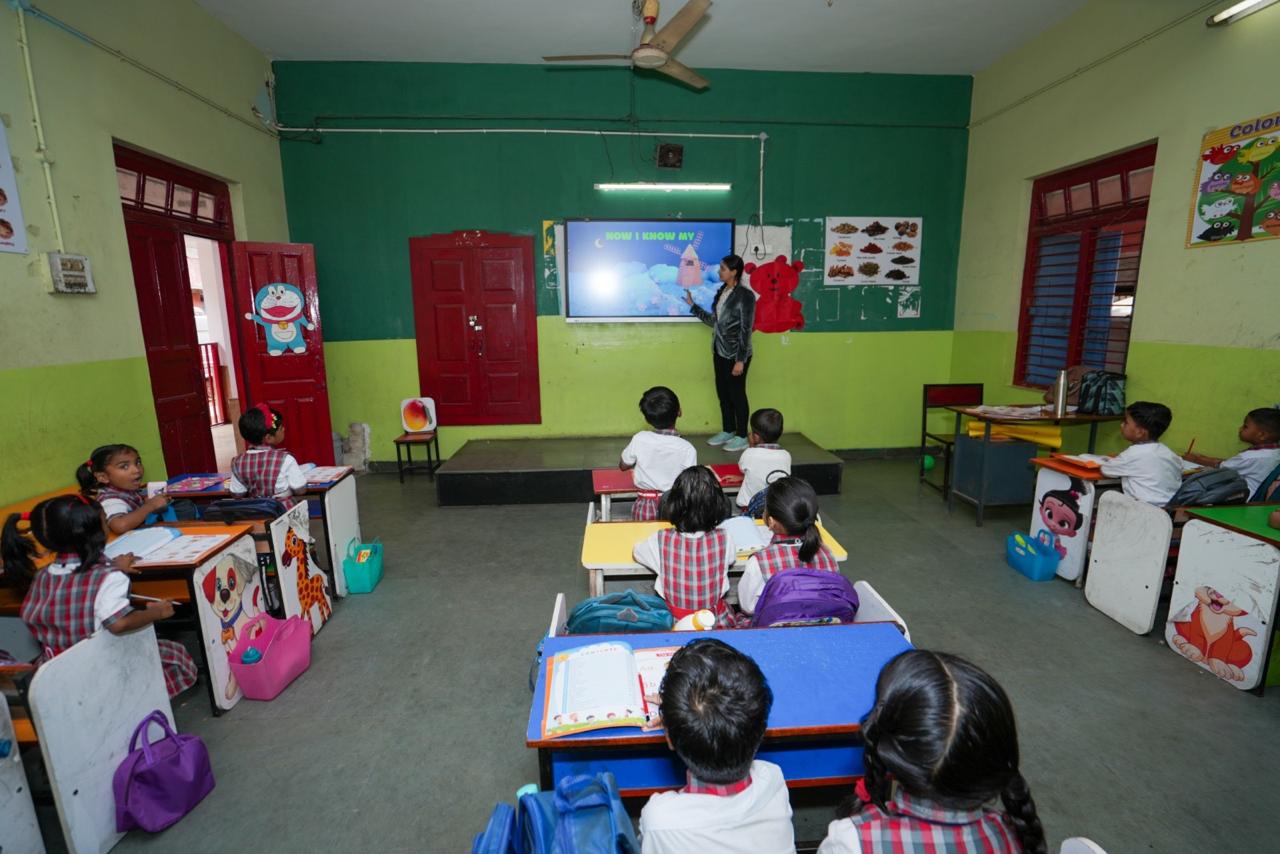The Mahatma Gandhi Centennial Sindhu English Primary High School and Junior College has introduced an artificial
intelligence course starting from the academic year 2023-2024.

Introducing an AI course in schools prepares students for future job markets, enhances problem-solving and critical thinking skills, and fosters innovation. It provides a comprehensive interdisciplinary learning experience and builds technical literacy. Additionally, it raises ethical awareness and ensures global competitiveness.
Artificial intelligence (AI) in schools can significantly enhance both teaching and learning experiences. One of the primary ways AI is being integrated into education is through personalized learning. AI can tailor educational content to the individual needs of each student, providing customized lessons and feedback based on their learning pace and style. This personalized approach ensures that each student can learn at their own speed and receive support tailored to their unique needs.
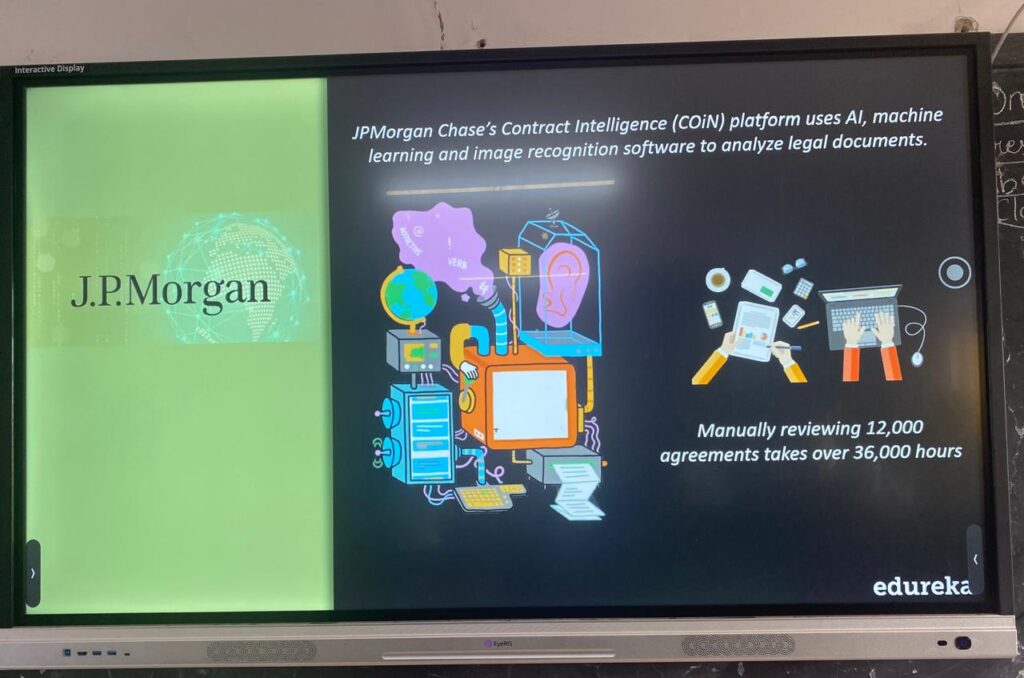
Another important application of AI in schools is the automation of administrative tasks. AI systems can handle grading, scheduling, and attendance-tracking tasks. This automation frees up valuable time for teachers, allowing them to focus more on instruction and interacting with students. AI can also support students outside of classroom hours through AI-powered tutoring systems. These systems provide additional help with homework and reinforce concepts learned in class, offering a level of support that might not be possible with human tutors alone.
AI data analytics can analyze large data sets to identify trends and patterns in student performance. This capability helps educators pinpoint at-risk students and develop targeted interventions to support them. Additionally, AI applications in language learning can provide instant translation and pronunciation guides, making it easier for students to learn new languages. Virtual classrooms facilitated by AI offer interactive and engaging online education experiences, which have become increasingly important in the era of remote and hybrid learning.
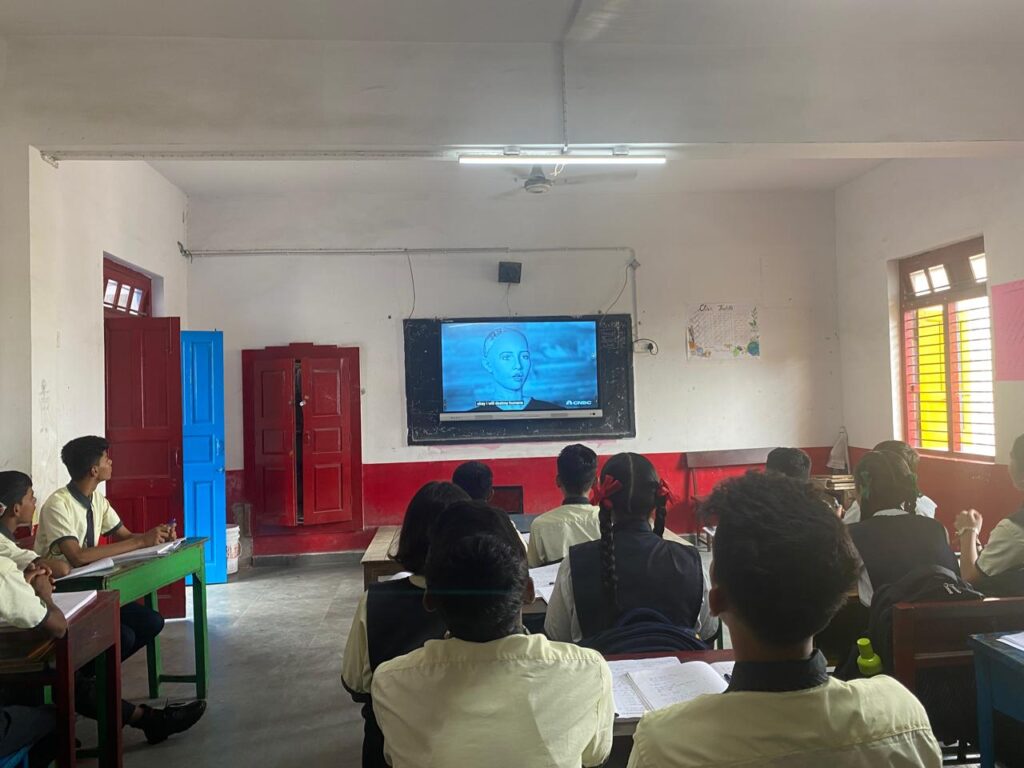
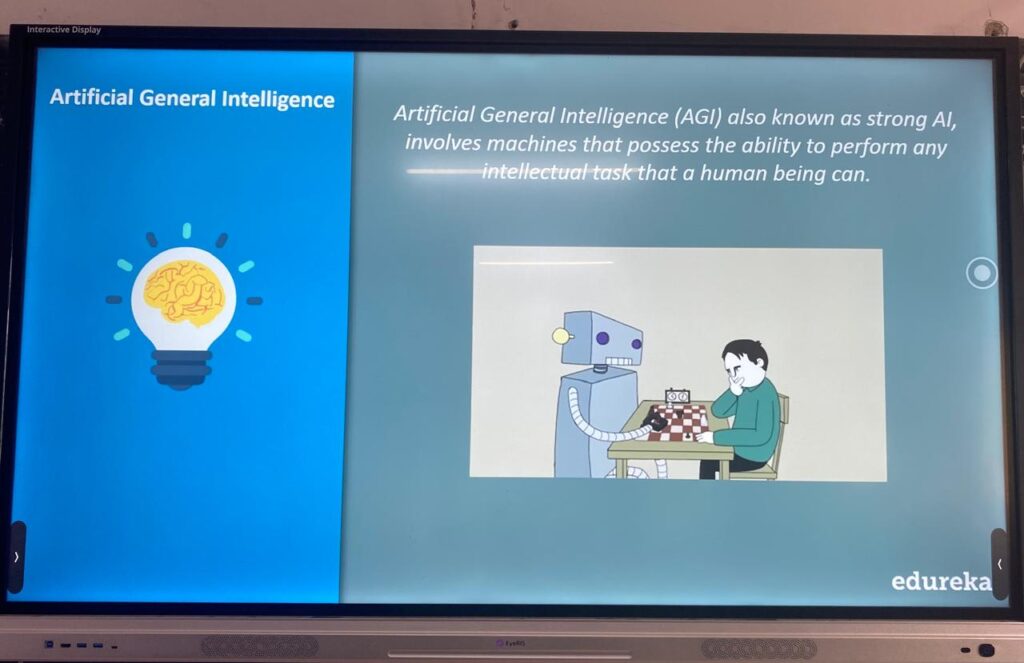
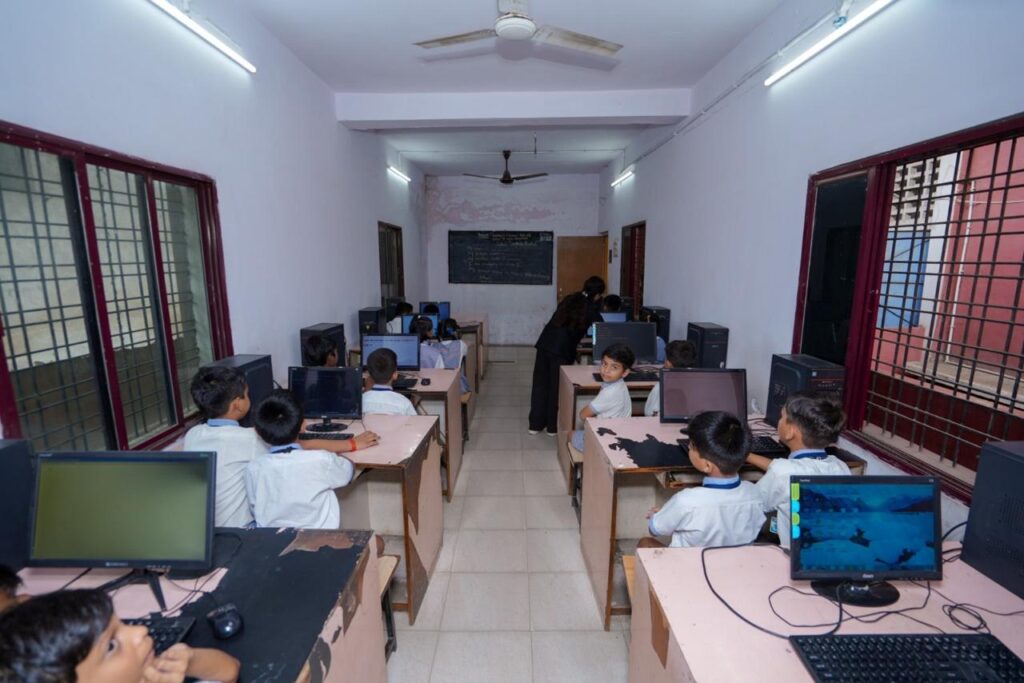
AI also contributes to the creation of smart content, such as digital textbooks that are updated in real-time and interactive lessons that utilize augmented reality (AR) and virtual reality (VR) for more immersive learning experiences. These smart content tools can make learning more engaging and relevant for students. Furthermore, AI enhances accessibility for students with disabilities by offering tools like speech-to-text, text-to speech, and other assistive technologies.


